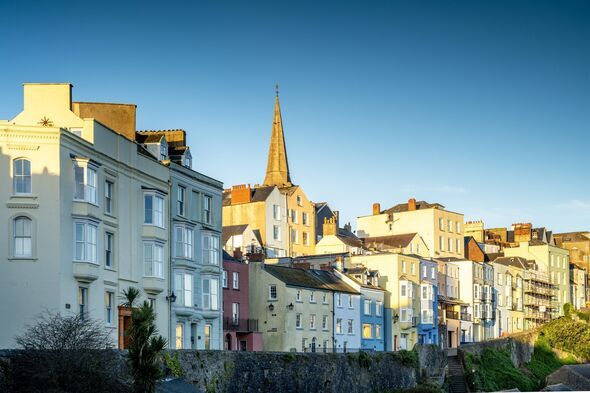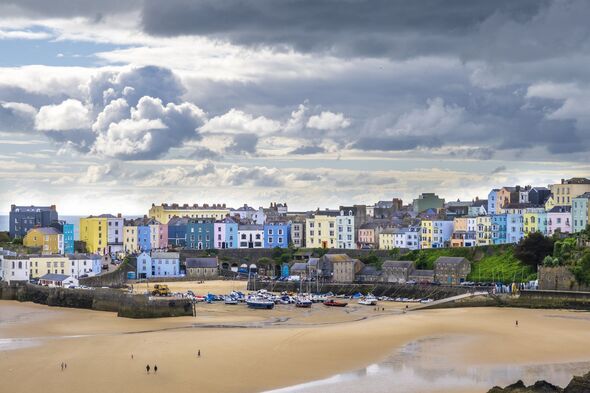

Seaside towns in Wales have been plunged into a "massively embarrassing" climbdown over second home tax for the second time in a year. Councillors in Pembrokeshire voted by a narrow margin to cut the second homes premium to 125% after the rate had already been reduced from 200% to 150% last year. During Thursday's meeting, Cllr Mark Carter put forward an amendment to slash the rate to 100%, which received backing from Cllr Di Clements.
However, Cllr Alistair Cameron, cabinet member for corporate finance efficiencies, cautioned councillors that slashing the second homes premium to 100% would create a budget shortfall of £2.8m for 2026-27 - equivalent to a 3% rise in general council tax levels. Conservative Cllr Aled Thomas slammed the tax cut as a step in the wrong direction in bringing affordable homes to the area. He said: "I think it's massively embarrassing for the council.

"Many people say that the policy was too heavy-handed and the council hasn't achieved what it said it would, which is build affordable homes. People value the tourism industry in Pembrokeshire and the industry has spoken.
"It's only ever been a very small number of ideologically driven councillors and Labour Senedd members that have been pushing the agenda that second homes are bad. It's really not something that's widely accepted here."
The amendment was passed by a narrow margin of just one vote, with 26 in favour and 25 against. A 25% drop equates to a funding shortfall of approximately £1.4 million.
Under current Welsh government regulations, second home owners in Pembrokeshire are required to pay the premium if they fail to let out the property for 182 days of the year, although this rule could soon change.
Popular seaside towns in the county include Tenby, Broad Haven, and Saundersfoot.
Local authorities can increase the council premium on second homes up to as much as 300%, effectively a quadruple rate, under Welsh government legislation.
However, the Welsh Government is now seeking opinions on two key changes to how the rules are applied, aiming to provide extra stability for the tourism sector. One proposal allows holiday let owners to use an average of 182 days let over several years.
This means those who narrowly miss 182 days letting in the latest year would remain on non-domestic rates if they had achieved it on average over two or three previous years.
The other proposal allows up to 14 days of free holidays donated to charity to count towards the 182-day target. The consultation is open until November 20, with any subsequent legislation intended to come into effect on April 1.
-
From Misbehaviour To Missing Stepney: 68 Ways To Attract Traffic Fine

-
Strictly's sky-high costs exposed - from 500 dazzling costumes to new BBC chaperones

-
UAE: How Masters Games will promote family bonding, social inclusion

-
CM Majhi To Be Chief Guest, Waheeda Rehman Guest Of Honour At Opening Of Film Preservation & Restoration Workshop

-
Strictly Stefan Dennis' secret health emergency as wife reveals hospital dash
